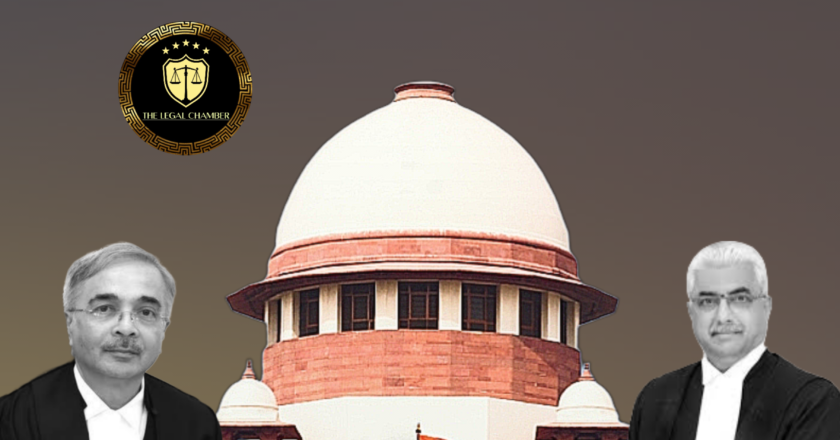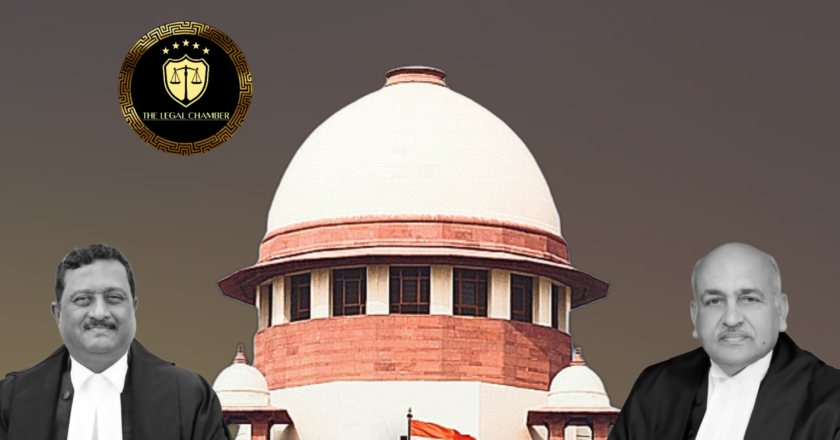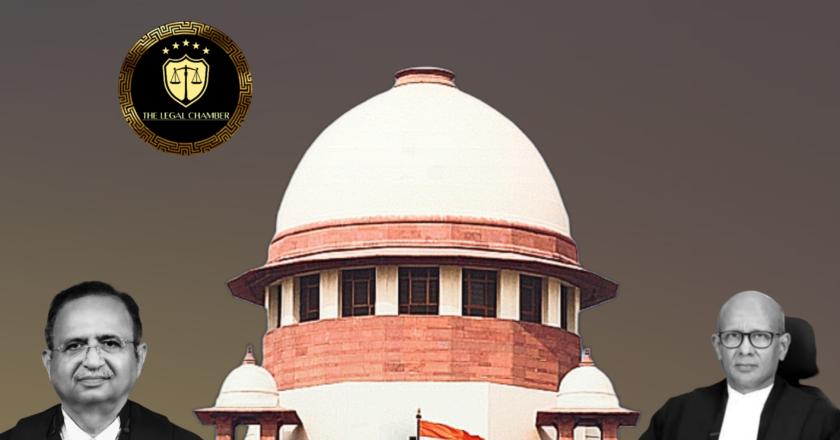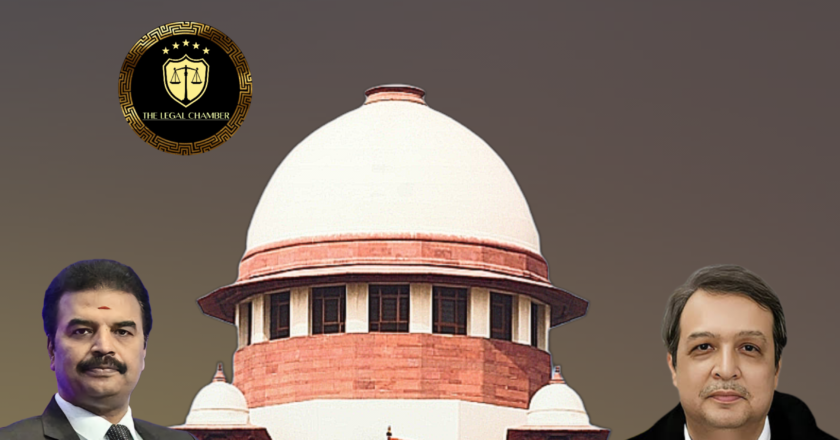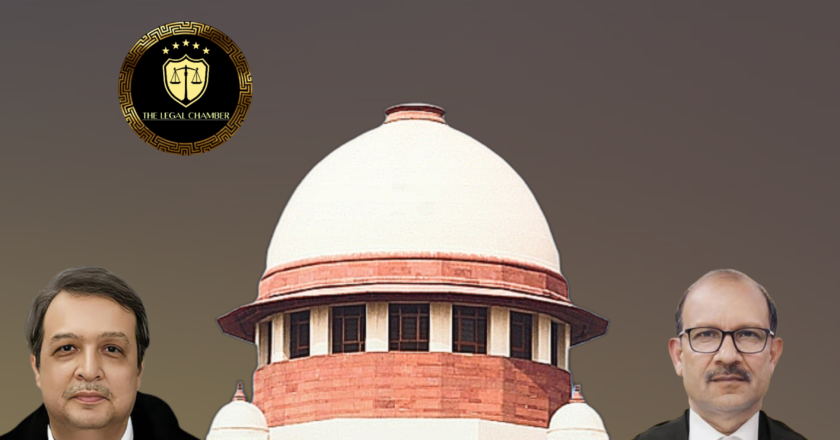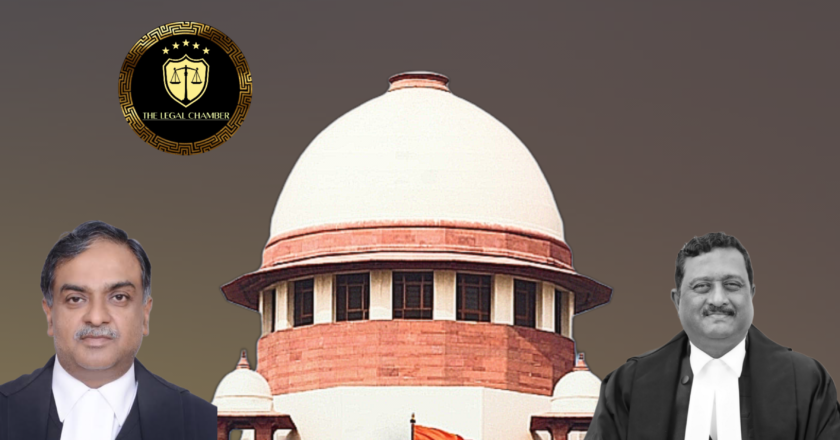Supreme Court Dismisses Arbitration Petition Due to Limitation Issues
The Supreme Court dismissed the petition for appointment of an arbitrator under Section 11(5) of the Arbitration and Conciliation Act, 1996. The Court held that the underlying claim for recovery of money was hopelessly barred by limitation, rendering the appointment of an arbitrator untenable in law.
Facts Of The Case:
The case involves a dispute arising from a partnership deed containing an arbitration clause. The petitioner, residing in the UK, entered into a partnership with the respondent on 20.09.2014, succeeding an earlier partnership involving the petitioner’s sister. The petitioner alleged that he paid substantial sums amounting to Rs. 2.31 crores, relying on a clause entitling him to 75% of profits from a property purchased on 04.05.2016, but received nothing. The partnership wa...

